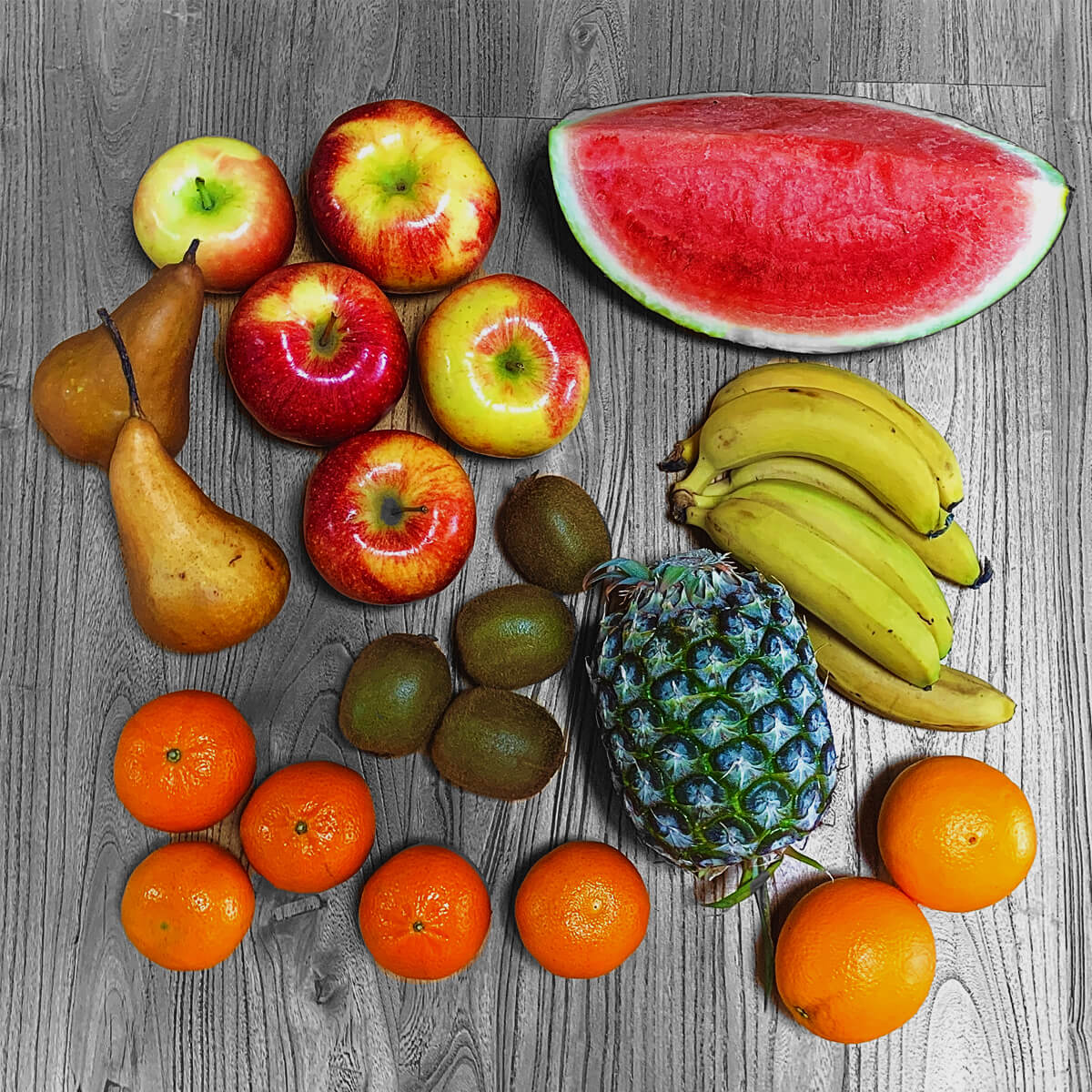
By Fatima Saka
The Nigerian Senate on Wednesday criminalized the artificial ripening of fruits using harmful chemicals, declaring it a threat to public health and a violation of natural food preservation practices.
The upper chamber also summoned the leadership of the National Agency for Food and Drug Administration and Control (NAFDAC) to address growing concerns over the widespread use of dangerous substances by fruit vendors to accelerate ripening.
This resolution followed the adoption of a motion by Senator Anthony Ani (APC–Ebonyi) during plenary, titled “Urgent Need to Investigate and Halt the Continuous Unwholesome Practice of Chemical Ripening of Fruits in Nigeria.”
Senator Ani raised alarm over the increasing use of toxic chemicals such as calcium carbide, ethephon, and ethylene glycol—often laced with heavy metals like arsenic and lead. He warned that consuming chemically ripened fruits poses severe health risks, including cancer, liver and kidney failure, neurological disorders, and even death.
“People are unknowingly eating poison masked as ripened fruits,” Ani stated. He blamed the trend on greed, vendor ignorance, and poor regulatory enforcement.
While noting that safer alternatives like ethylene and methyl jasmonate exist, the senator stressed the urgent need for stricter controls and public enlightenment. He also urged Nigeria to align with global best practices that ban the use of harmful ripening agents.
Responding to the motion, the Senate mandated NAFDAC to appear before its Committees on Health and Agriculture to present current measures and future plans to combat the practice. The Ministry of Agriculture and Food Security and the Federal Competition and Consumer Protection Commission (FCCPC) were also directed to investigate and act promptly.
In addition, the Senate tasked the National Orientation Agency (NOA) and NAFDAC with stepping up public sensitization campaigns on the dangers of consuming chemically ripened fruits. The Nigeria Agricultural Quarantine Service and Nigerian Customs Service were instructed to intensify screening of imported fruits—especially apples—for toxic preservatives.
The Senate Committee on Legal Matters was charged with reviewing existing laws to introduce stiffer penalties for offenders.
READ ALSO: Senate Advances Bill to Establish Federal University of Education in Gumel, Jigawa State
Senate President Godswill Akpabio described the situation as a public health emergency.
“The health and lives of Nigerians must come before profit. Our fruit markets must not be allowed to become breeding grounds for toxins disguised as fresh produce,” he warned.





